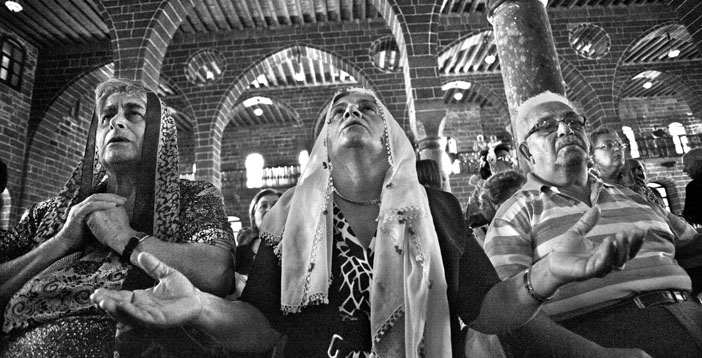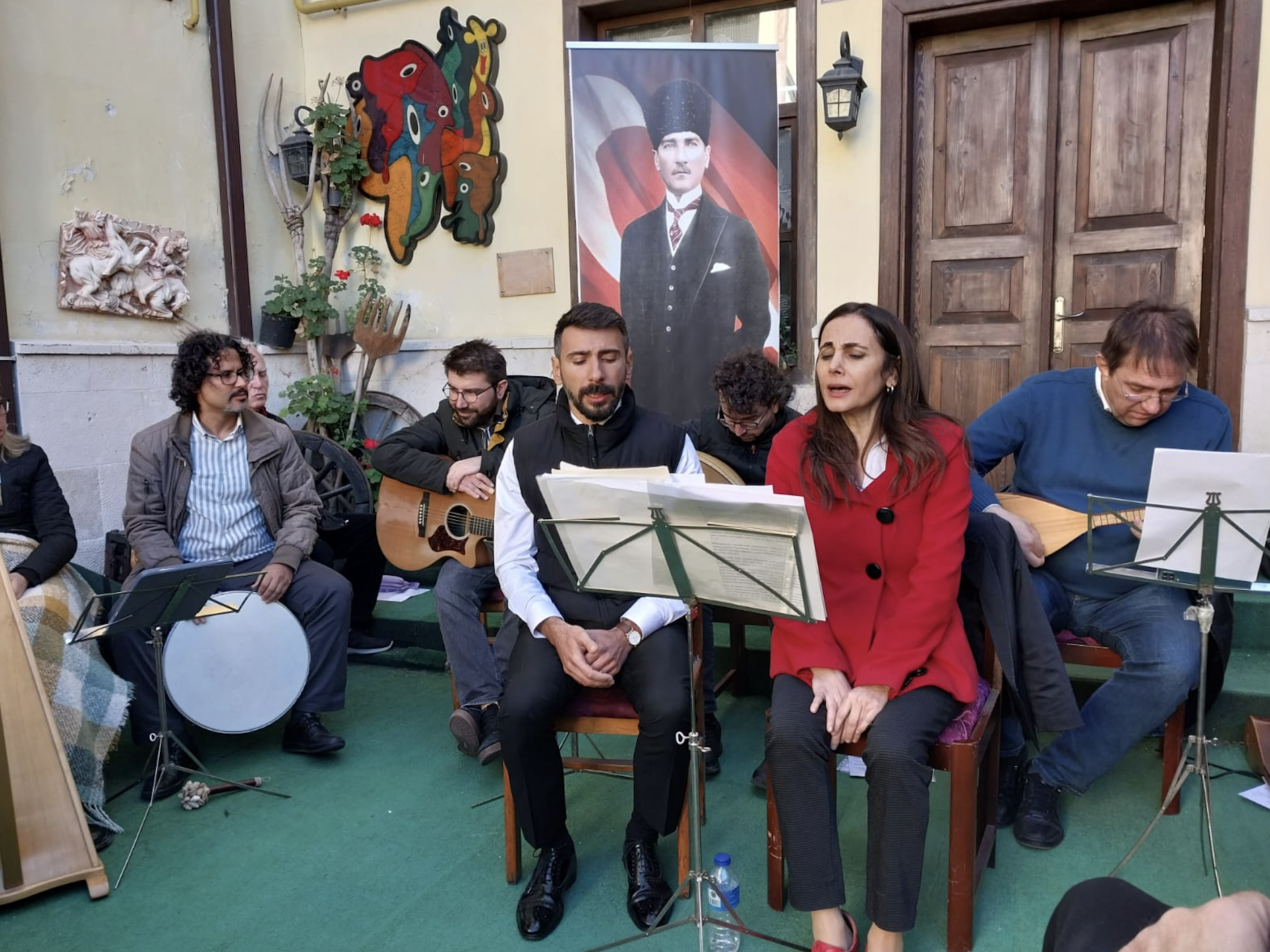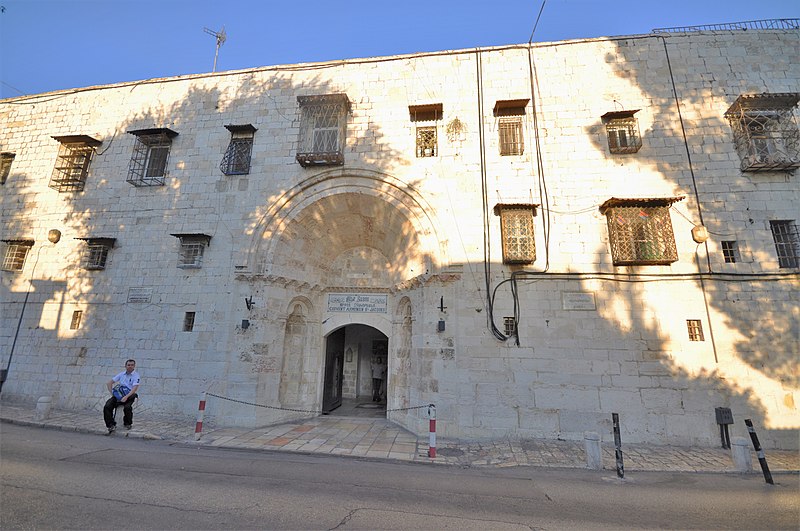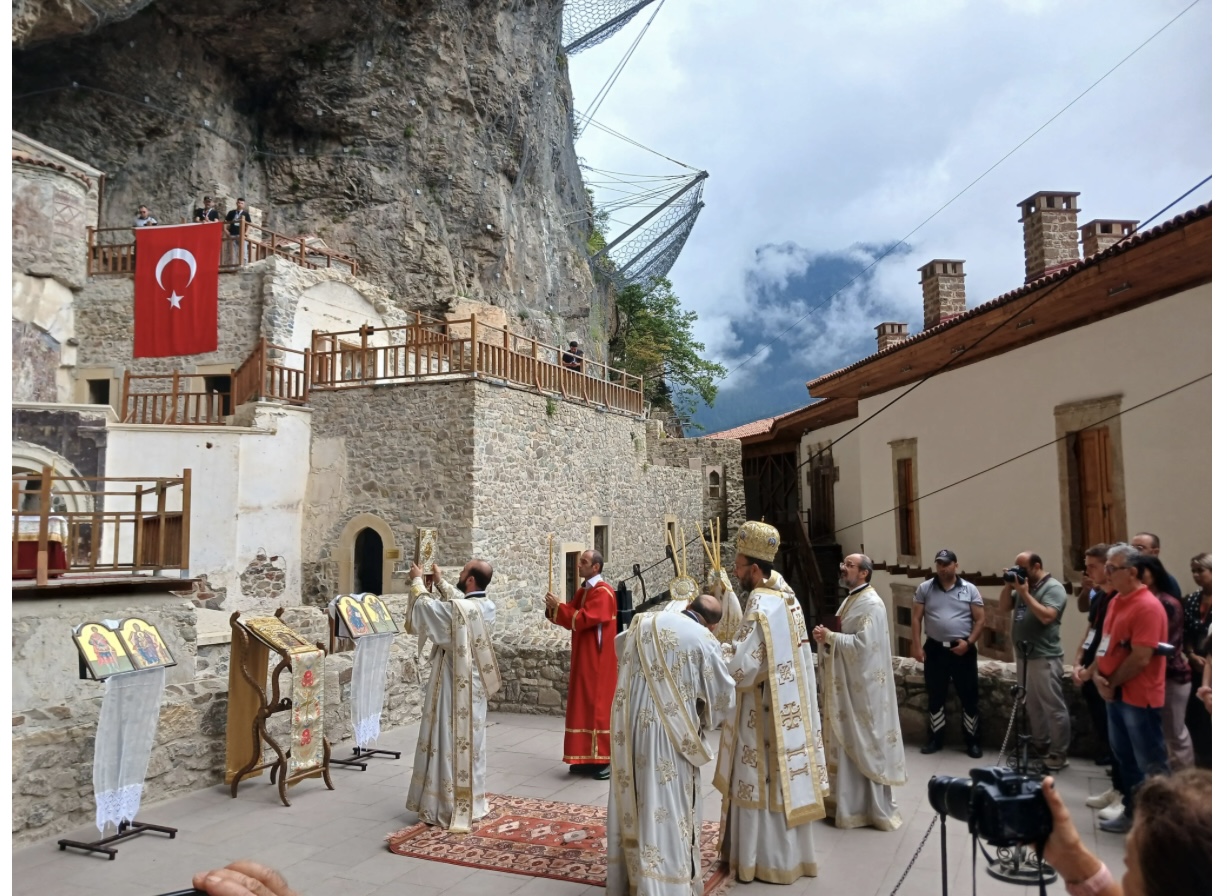Although there are Armenian churches in Diyarbakır, Van and Kayseri, regular mass cannot be held because religious clergy is not appointed by the Patriarchate. There are no permanent religious officials in churches in Turkey apart from the churches in Istanbul and the church in İskenderun.
Although the Islamised Armenians in Anatolia face various difficulties in retaining their identity, they continue to make an effort to return to their roots and keep the culture of their forefathers alive. One of the most significant obstacles they encounter is access to a church, since most churches in Anatolia have been damaged. On the other hand, although there are Armenian churches in Diyarbakır, Van and Kayseri, regular mass cannot be held because religious clergy is not appointed by the Patriarchate.
At the moment, the only religious official who serves on a permanent basis is Father Avedis Tabaşyan, the religious official of the Karasun Manuk Church in İskenderun and the Surp Asdvadzadzin Church in Vakıflı Köy. In addition to Tabaşyan, Father Krikor Damatyan and Deacon Artun Damatyan visit churches across Anatolia in weeks following important feasts and hold Badarak Mass with the local Armenian congregation. Damatyan is actually a religious official of the Kadıköy Church in Istanbul, and is in Anatolia at the moment. However, the need for permanent religious officials in Anatolia continues. Archbishop Ateşyan responded to our question on the issue: “We cannot say that mass is not held in Anatolia. Father Krikor Damatyan was in Elazığ last week, and will be in Sivas this week. And Father Avedis Tabaşyan serves in İskenderun.” However, Anatolian Armenians believe that there should be permanent religious officials at their churches.
Diyarbakır is the centre
Armen Galustyan, the President of the Daron Muş Armenians Solidarity Social Tourism Association, criticized the Patriarchate and argued that there should be a religious official in a church in Anatolia: “Diyarbakır has a very central location, it is only an hour’s distance to many cities in Anatolia. Not only Diyarbakır, there could also be a religious official in Van, but there should be a permanent religious official at least in Diyarbakır. And mass should be held at least twice a month. There are Armenians living in many cities from Muş to Batman to Kayseri. These people have reverted to their identity, and they want to keep it alive. The church is of paramount importance for that.”
Galustyan also states that the church for him has a cultural rather than religious significance: “For me the Church is my culture. I want my funeral to be held there, I want to get married in church. But no one in Istanbul cares about this. The community here will never become active if a representative is not sent from Istanbul.”
‘No churches have been left standing!’
Hikmet Bakırcı, a resident of Adıyaman, states that the Armenians in Adıyaman attend mass held at the Syriac Church. Bakırcı says that the majority of the congregation attending mass at the Ancient Syriac Church are Armenians, and that since there are no Armenian churches in good conditions to hold service in surrounding cities, they are forced to hold their religious ceremonies in other churches: “All the Armenian churches in this area have been destroyed. The church in the best condition in this area is in Diyarbakır, but that is quite a distance. We can only go there on religious feast. The only church we can hold mass in Adıyaman is the Ancient Syriac Church. We hold mass once every two weeks, and sometimes three times a month. 80% of those who attend are Armenians.”
‘Armenians have become Syriacized’
The circumstances in Diyarbakır are different. Melike Dara Günal, a resident of Diyarbakır, says that Armenians in Anatolia were either Islamised over time, or lost their beliefs, whereas some Diyarbakır Armenians have adapted to Syriac culture. “Most Diyarbakır Armenians, for social and political reasons, have become Islamised or lost their beliefs. Therefore, the appointment of a permanent religious official to the church would have no affect on that group. The number of Christian Armenians is sadly no more than a few. And they have been influenced by Syriac theology, and have adapted to the culture of the Syriac Church.”
Günal adds that there are also some Armenians who want a permanent religious official to be appointed to the Surp Giragos Church: “Albeit a few, there are still some who want the appointment of a religious official so that Christianity, a fundamental element of Armenian culture, can be learned. The very few remaining Anatolian Armenians are trying to keep their faith alive. However, the younger generation of Armenians lose their identity, as they are detached from the church; they either become Syriacized, Kurdified or Turkified. The presence of a religious official is of great importance for the sake of keeping Anatolian Armenians together.”





